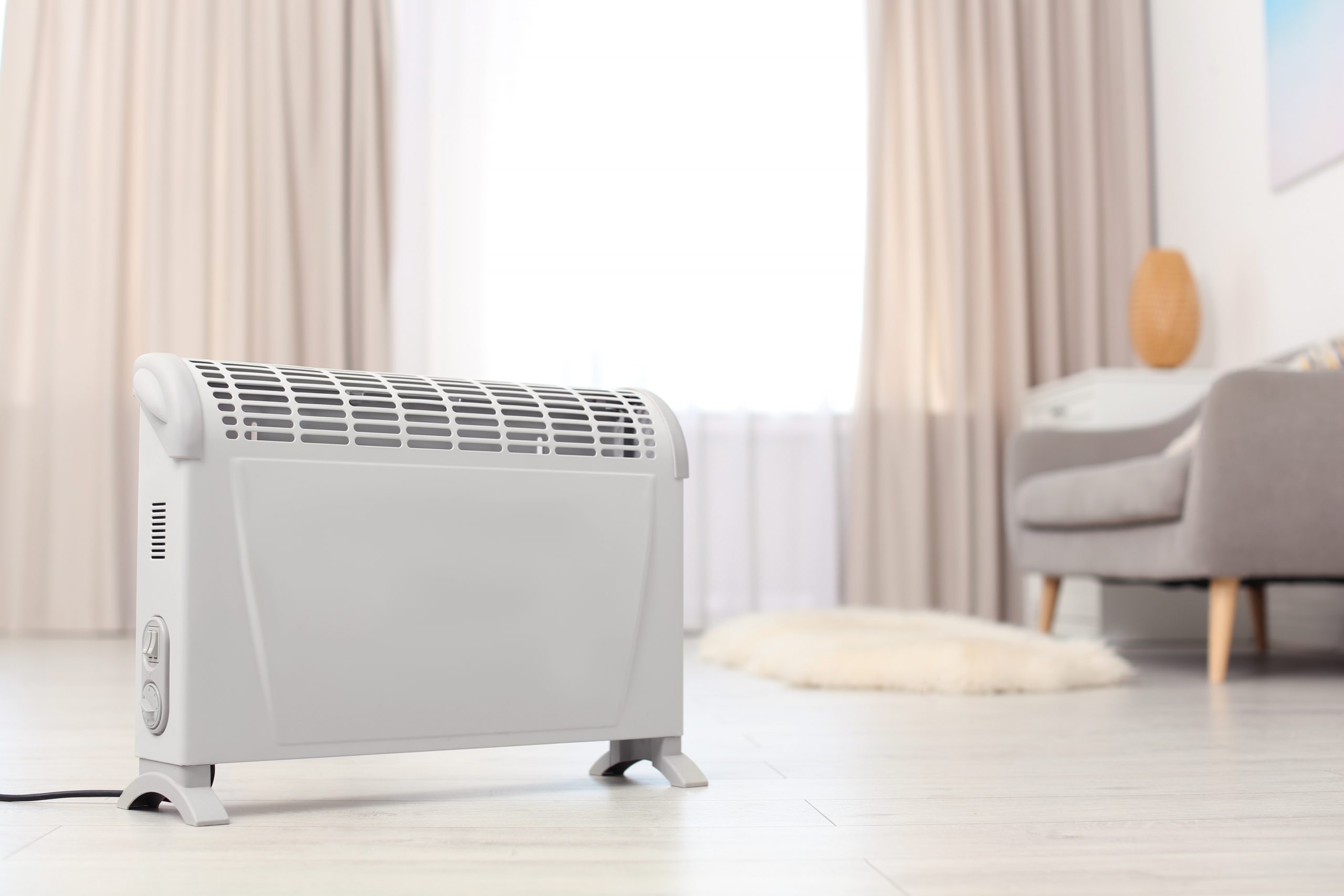Household Bills
Online marketplaces awash with illegal and dangerous electric heaters

Many Brits bought cheap electric heaters online amid the cost-of-living crisis but an investigation’s revealed some pose a fire and shock risk and shouldn’t be sold in the UK.
Ten mini plug-in heaters bought from Amazon, eBay and Wish, priced from £12, failed safety checks and are illegal to sell in the UK.
All of the models posed a risk of electric shock and failed to meet the Electrical Equipment Safety Regulations, according to the investigation by the consumer group Which?.
It said it also saw evidence of heaters being boosted by fake reviews on Amazon, while identical looking products “have been promoted by suspicious looking sites that appear as Google sponsored ads”.
It is calling for urgent Government action to make online platforms legally responsible for harmful content and unsafe products that expose people to financial, emotional, and even physical harm.
Electric heaters put to the test
In once case, when testing a plug-in wall heater 500W sold by a third-party seller on eBay, the plastic holding the heating element in place melted. The heating element also slipped down, creating another melted area which was against the outer grill. This meant touching the heater could have resulted in electric shock or burns.
Which? tested several versions of this heater sold on Amazon, eBay and Wish, all of which failed. It noted that Trading Standards also issued a recall notice for another model sold on eBay that appears to be identical.
When Which? searched eBay in early January, it found that this style of mini heater had largely disappeared. But when it checked back on 27 January, near identical listings were present, with the bought counter standing at 389.
A Lesvtu electric portable plug-in heater sold on Amazon had counterfeit fuses that had been used in the plug for the heater. They posed a risk of electric shock, fire or even explosion.
Half of the one star reviews left for this product on Amazon (left since 24 November 2022) said the plug had melted after using it for a short time. Some even included images of the damage caused, clearly visible to Amazon and its customers. Which? said Amazon Warehouse was the seller of the product, “yet was retailing an unsafe item”.
Another plug-in wall heater 900W sold on eBay was visibly poorly made as internal wires were soldered directly onto a circuit board, while another circuit board was loose within the product.
‘Frightening gap in product safety regime’
Which? said it is concerned there are hundreds of similar products still available for sale on online marketplaces, with adverts appearing at the top of Google, and fake reviews boosting the dangerous and illegal heaters.
It said the Government needs to clamp down on the current “frightening gap in the product safety regime”.
The Office for Product Safety and Standards (OPSS) has been looking into this but Which? said it needs to publish the result of its review and follow up urgently with decisive action “so that online marketplaces legally have to take responsibility for preventing unsafe products from being offered by sellers, removing them swiftly if they are found and preventing them from reappearing”.
Rocio Concha, Which? director of policy and advocacy, said: “Our latest research has uncovered plug-in mini heaters that are illegal and could cause serious harm to consumers – showing the clear failures of online platforms to eradicate unsafe products, fake reviews and dodgy adverts, which have all contributed to promoting dangerous products that end up in people’s homes.
“The Government must urgently legislate to strengthen product safety, including giving online marketplaces greater legal responsibility for unsafe products sold on their sites so that consumers are far better protected.
“Self-regulation of online platforms is simply not working. These platforms have put in place inadequate measures which leave consumers at risk. The government must give these platforms greater responsibility to protect people online.”